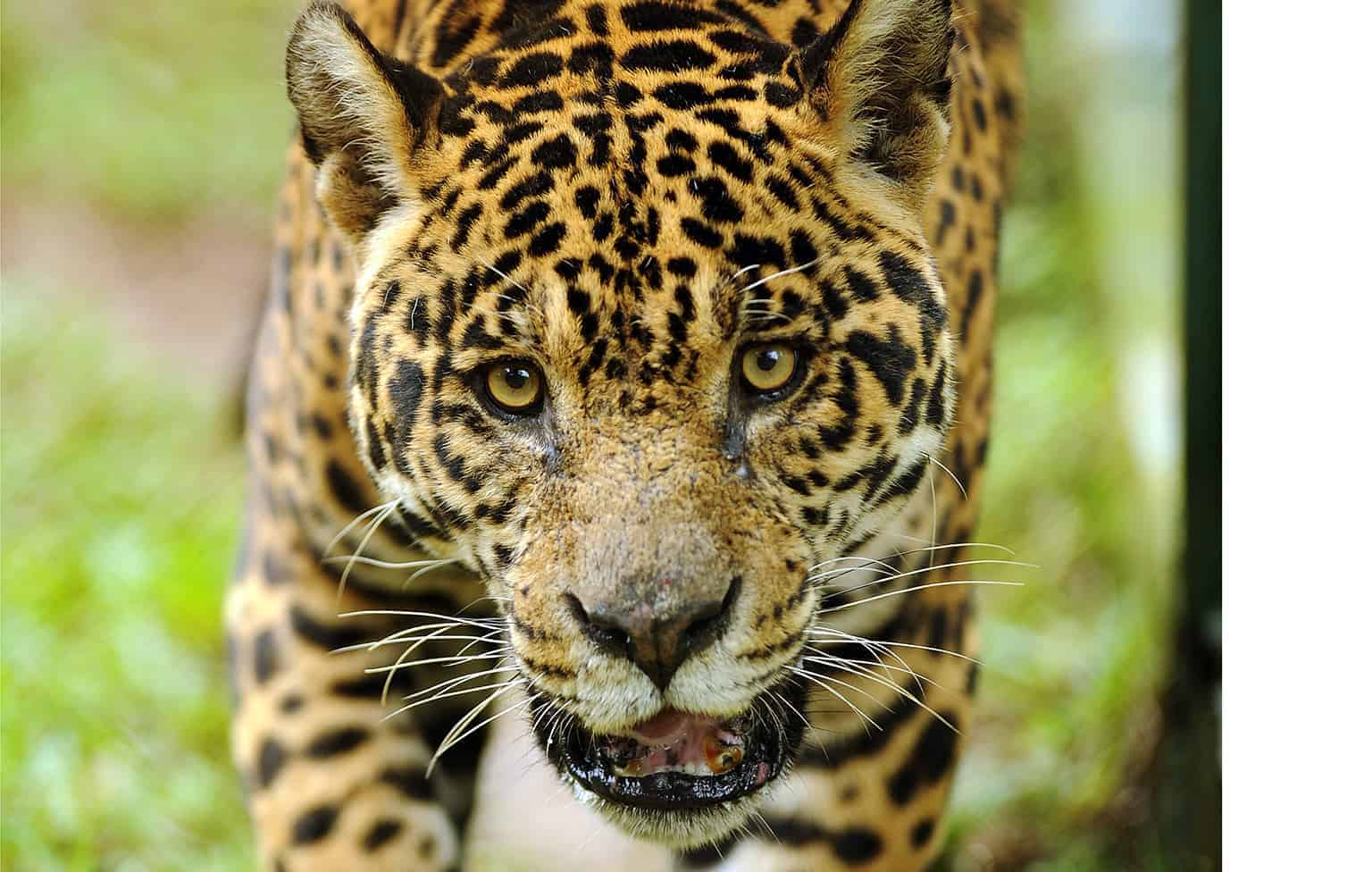The presence of jaguars on farms in Guanacaste reflects the success of conservation on private property in Costa Rica.
Costa Rica is famously biodiverse. Being such a small country, it often feels like the vast amount of biodiversity is stuffed into a tiny container. Like ten pounds of sugar in a 5-pound sack.
Over the years, the people of Costa Rica have recognized their riches and worked to protect and conserve them with protected areas. Whether it’s in the form of a national park, a protected zone, a wildlife refuge, or a forest reserve, over one quarter of the national territory is set aside by the government for nature to act naturally.
As one might guess, the monkeys don’t swing from the trees in only 25% of the country. The country’s protected areas are interwoven with the forests, communities, farms and beaches that we all call home. Wonderfully enough, many of these privately held areas can participate in the national effort to conserve Costa Rica’s wildlife as well.
El Fondo de Biodiversidad Sostenible or FBS (the Sustainable Biodiversity Fund in English) is an organization that promotes biodiversity by paying landowners to conserve the forests on their property. They give monetary value to something that we all know has inherent value when we see it, Costa Rica’s vibrant forests.
Through their Biodiversity Conservation Program, FBS pays farmers per hectare to protect the forests on their farms. This provides the opportunity for your local farmer to protect the forested areas of their property, helping to create links between the official protected areas that make up a quarter of the country.
Lucia Valverde Muñoz, Technical Specialist at FBS, shared the following details regarding the foundation’s conservation efforts. “During the last 5 years, FBS has been supporting small and medium-sized forested farms in four regions of Costa Rica. This work has an emphasis on conservation and protection of biodiversity, which is executed through environmental education and citizen science. The conservation program consists of a financial incentive and technical support for forest maintenance.”
According to Valverde, of the 120 farmers that currently participate in the program, “53% are senior citizens who reside in some of the least developed parts of the country. Since the inception of the program, approximately $2 million has been deposited to these farmers who have made a commitment to conserving Costa Rica’s biodiversity.”
So, what lurks in the private forests under the protection of FBS? Well, we’re finding out. My organization, Guanacaste Wildlife Monitoring, has been given the opportunity to work with FBS and the farmers participating in their conservation programming. We place camera traps on these farms to document the species benefitting from the extra protection afforded to their forested homes.
Our latest findings in Guanacaste are so exciting they literally caused me to scream with joy in the middle of the forest like a crazy person (startling my farmer companion).
Jaguars!
After only the very initial phases of the current project in Guanacaste, we had the good fortune of recording several videos of what appears to be several jaguars. The presence of Costa Rica’s top predator is an important indicator of ecosystem health.
As we move forward, the important new information about jaguars on private land will be shared with biologists currently studying the jaguar population in Costa Rica, giving them a glimpse into areas that often go unexamined.
Hopefully the project will continue to produce exciting results in the coming months. Until then, enjoy the following video of jaguars in Costa Rica.
About the Author
Vincent Losasso, founder of Guanacaste Wildlife Monitoring, is a biologist who works with camera traps throughout Costa Rica. Learn more about his projects on facebook or instagram. You can also email him at: vincent@guanacastewildlifemonitoring.com






